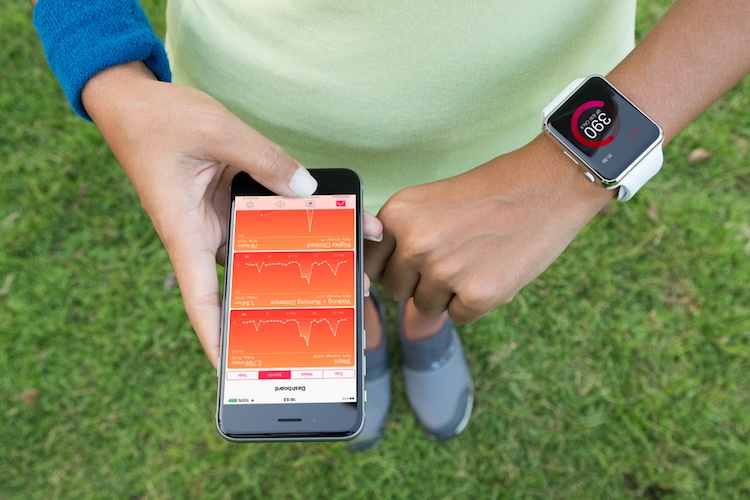



Get new exclusive access to healthcare business reports & breaking news




The University of Michigan has launched a study to discover whether data collected on Apple Watch, combined with other health information, can provide insight into health and wellness, and predict whether an individual will develop a common disease.
The University of Michigan said it was conducting the study because there was a realization that people were increasingly resorting to wearables, like Apple Watches, to learn about their physical conditions (ex., heart rates and sleep quality), but questions about what this data revealed about a person’s health lingered.
Executive Vice President for Medical Affairs and Dean of the University of Michigan, Marshall Runge said the study offered a “unique opportunity to work with patients to gain insight into their daily and overall health status, providing a wealth of data that can be used for research that benefits everyone and advances health care,”
So far, the study, called the Michigan Predictive Activity and Clinical Trajectories (MIPACT), has enrolled 1,000 participants, with aims to enroll thousands more patients of Michigan Medicine, the University of Michigan’s academic medical center, over the next year. It is expected to run over three years.
In a press release, the University of Michigan said it will make the results of the study available to participants and researchers who are studying health information, daily activity, wearable signals, and participant-reported quality of life “with an eye toward an improved understanding of wellness and disease.”
Apple researchers will also get a subset of the data. Apple is collaborating with the University of Michigan and is providing partial financial support for the study. However, this has raised some questions about privacy and data security, fears that the University of Michigan was quick to allay.
MIPACT study lead, Sachin Kheterpal, said both parties, Michigan Medicine and Apple, are focused on participant data privacy and security, “and we take our responsibility seriously. We’ve even implemented several new systems to maximize privacy and security.”
With the MIPACT study, the University of Michigan attempts to improve the existing body of knowledge by integrating information such as electronic health records, genetic information, blood pressure measurements and Apple Watch activity and clinical data.
“With the breadth of scientific expertise at the University of Michigan, we are uniquely positioned to explore how to integrate knowledge gained across participant surveys, medical records, wearables, genomics, and lab tests to better understand daily experiences and long-term health, while ensuring safe use of this information,” Kheterpal added.
The University of Michigan said the goal of the study was to understand the relationship between biosensors, health information, and health outcomes.
In the study, participants will be asked to complete surveys while using an Apple Watch and a blood pressure monitor, which will help researchers better understand their overall health and level of activity. The study’s results will help researchers understand what role wearables can play in predicting the onset of common health conditions and understanding the health trajectories of participants with these conditions.
The institution was quick to point out that it will not provide any treatment as part of the study.
Apple launched its Apple Watch Series 4 last September, whose centerpiece, at least as far as the health sector is concerned, was the capability of taking ECG (electrocardiogram) readings right from a user’s wrist.
Apple sees healthcare as a new terrain it wants to conquer, with its Chief Executive Officer, Tim Cook famously saying: “Apple’s largest contribution to mankind will be in improving people’s health and well-being.”
The Apple Watch has been piquing researchers’ interests for a while; the University of ichigan study follows one by Stanford Medicine, which began in November 2017.
More than 400,000 people enrolled in the Stanford Medicine study, which sought to determine whether a wearable technology could identify irregular heart rhythms suggestive of atrial fibrillation.
Working in collaboration with Apple, Stanford Medicine launched the Apple Heart Study to determine whether a mobile app that uses the optical sensor on the Apple Watch to analyze pulse rate data can identify atrial fibrillation.
“The condition, which is characterized by an irregular heartbeat, often remains hidden because many people don’t experience symptoms. Atrial fibrillation can increase the risk of stroke and heart failure,” a press release last November said of the unique clinical trial, which is considered the largest screening study on atrial fibrillation ever done.
The study is expected to be completed this year.